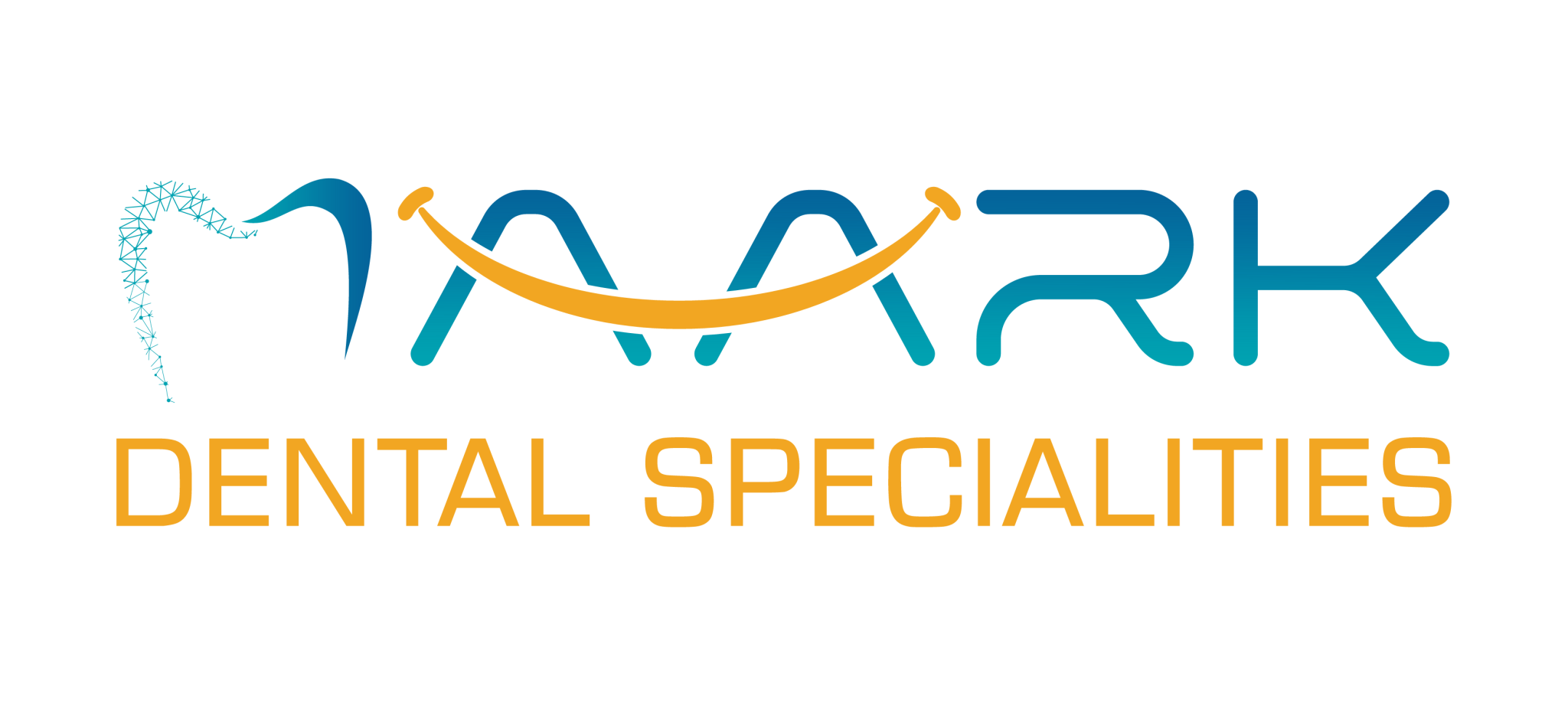Facial Cosmetic Surgery

Enhancing Your Natural Beauty and Confidence
Facial cosmetic surgery is a transformative procedure aimed at enhancing facial aesthetics and rejuvenating your appearance. This surgical intervention focuses on refining and enhancing specific facial features to achieve a more youthful and aesthetically pleasing look. Understanding the importance and process of facial cosmetic surgery can empower individuals to make informed decisions about their aesthetic goals.
When Is Facial Cosmetic Surgery Considered?
Facial cosmetic surgery may be considered when individuals desire improvements in their facial appearance, which may include:
- Aging Signs: Addressing visible signs of aging, such as wrinkles, fine lines, sagging skin, and volume loss in the face.
- Feature Enhancement: Refining specific facial features, such as the nose (rhinoplasty), chin (genioplasty), or ears (otoplasty), to achieve a more balanced and harmonious appearance.
- Rejuvenation: Achieving a refreshed and youthful look by enhancing facial contours, volume, and symmetry.
The Facial Cosmetic Surgery Process:
Facial cosmetic surgery is a carefully planned and personalized procedure that typically involves the following steps:
- Consultation: Your journey begins with a consultation with a board-certified plastic surgeon or a facial cosmetic surgery specialist. During this consultation, you will discuss your aesthetic goals, concerns, and expectations.
- Treatment Planning: Once your goals are established, the surgeon will create a tailored treatment plan. This plan outlines the specific surgical procedures needed to achieve your desired results.
- Procedure: Facial cosmetic surgery is performed in a surgical facility under anesthesia, ensuring your comfort and safety. The surgical techniques employed will depend on the specific goals, which may include facelift, eyelid surgery (blepharoplasty), brow lift, liposuction, or others.
- Recovery: After the surgery, you will enter a recovery period during which you’ll need to follow post-operative care instructions. These instructions typically include wound care, pain management, and guidelines for reducing swelling and bruising.
- Follow-Up: Regular follow-up appointments will be scheduled to monitor your progress and assess the healing of the surgical areas. These appointments help ensure the best possible results.
Benefits of Facial Cosmetic Surgery:
Facial cosmetic surgery offers several benefits, including:
- Enhanced Aesthetics: Surgery can refine and enhance specific facial features, improving overall facial aesthetics.
- Youthful Appearance: Procedures can address visible signs of aging, helping individuals look and feel more youthful.
- Boosted Confidence: Many individuals experience increased self-esteem and confidence following facial cosmetic surgery, as they achieve their desired appearance.
- Natural-Looking Results: Skilled surgeons prioritize natural-looking results, ensuring that the enhancements complement the individual’s unique facial characteristics.
Maintenance and Post-Surgery Care:
After facial cosmetic surgery, it’s essential to follow your surgeon’s post-surgery care instructions diligently. This includes wound care, medication management, dietary guidelines, and attending scheduled follow-up appointments to monitor your recovery progress.
In summary, facial cosmetic surgery is a specialized procedure designed to enhance your natural beauty, boost your confidence, and rejuvenate your appearance. If you have specific aesthetic goals for your facial features, consult with a board-certified plastic surgeon or facial cosmetic surgery specialist to explore whether facial cosmetic surgery is the right option for you. Your surgeon will guide you through the process, ensuring a successful outcome and enhanced facial aesthetics.
has context menuComposeParagraph


